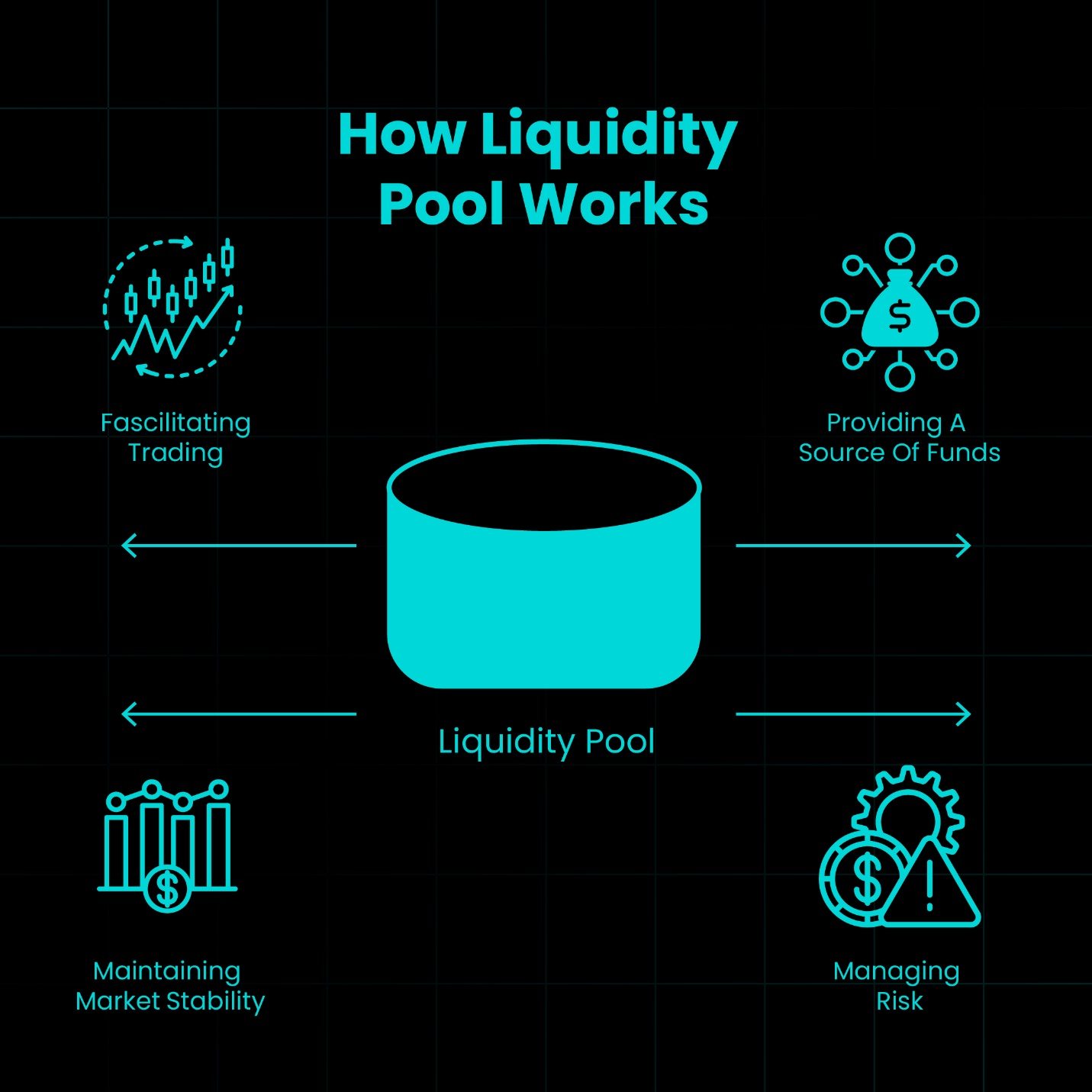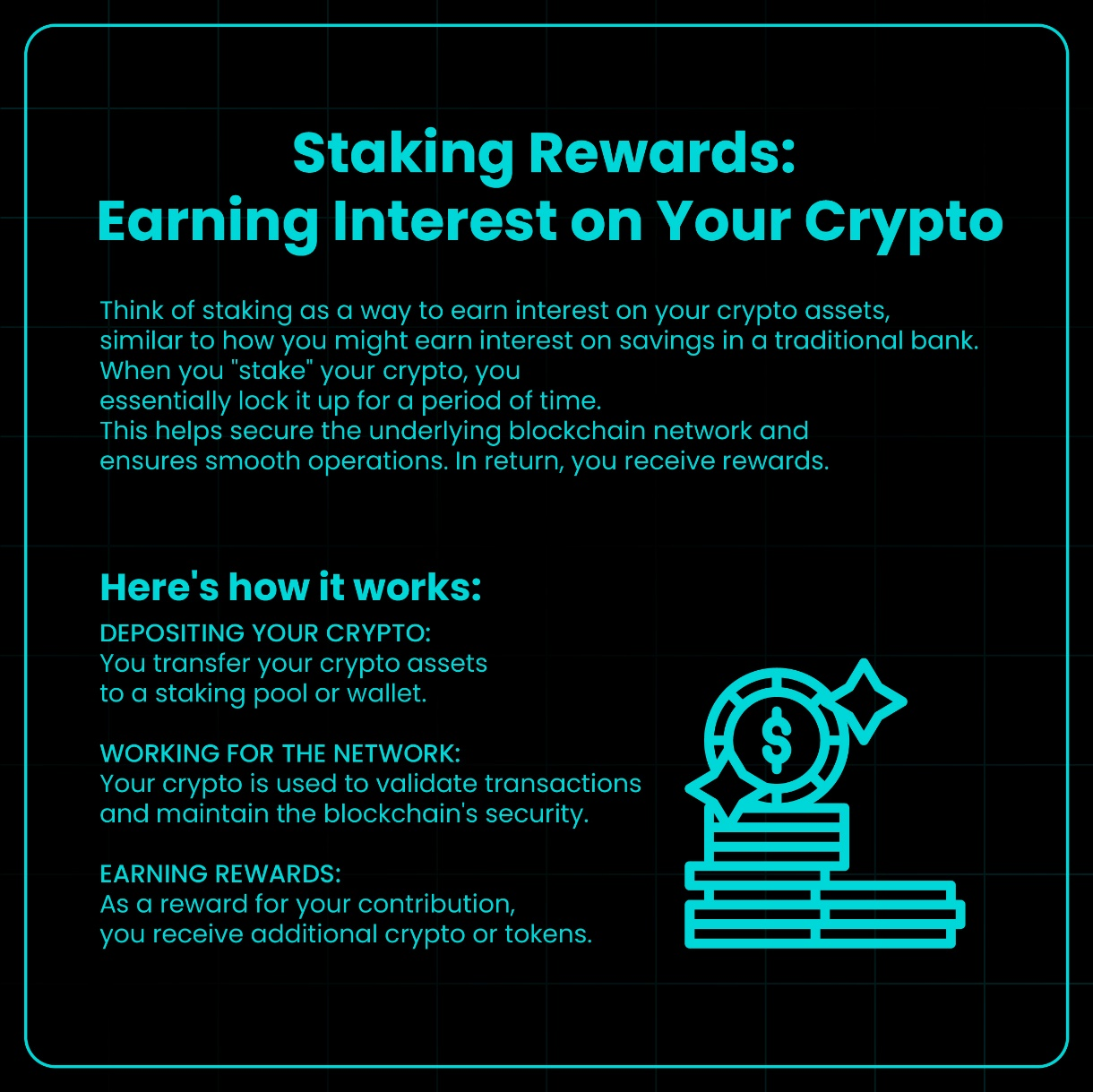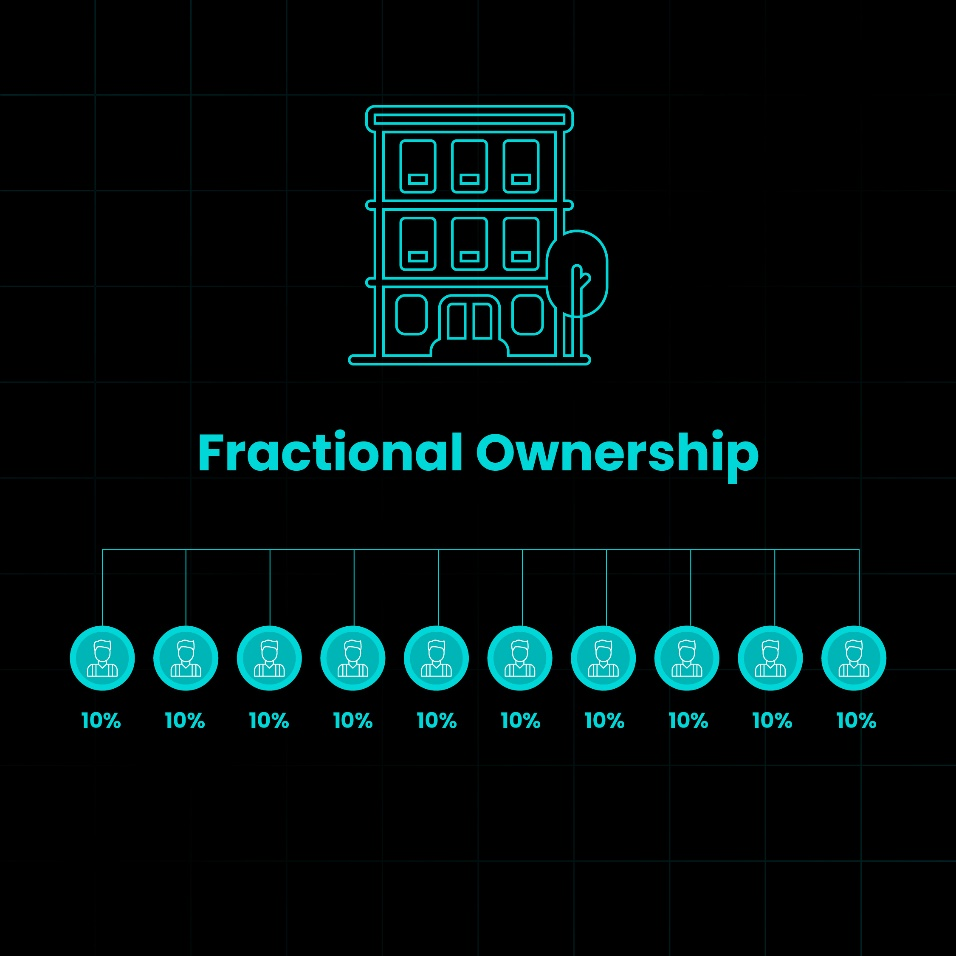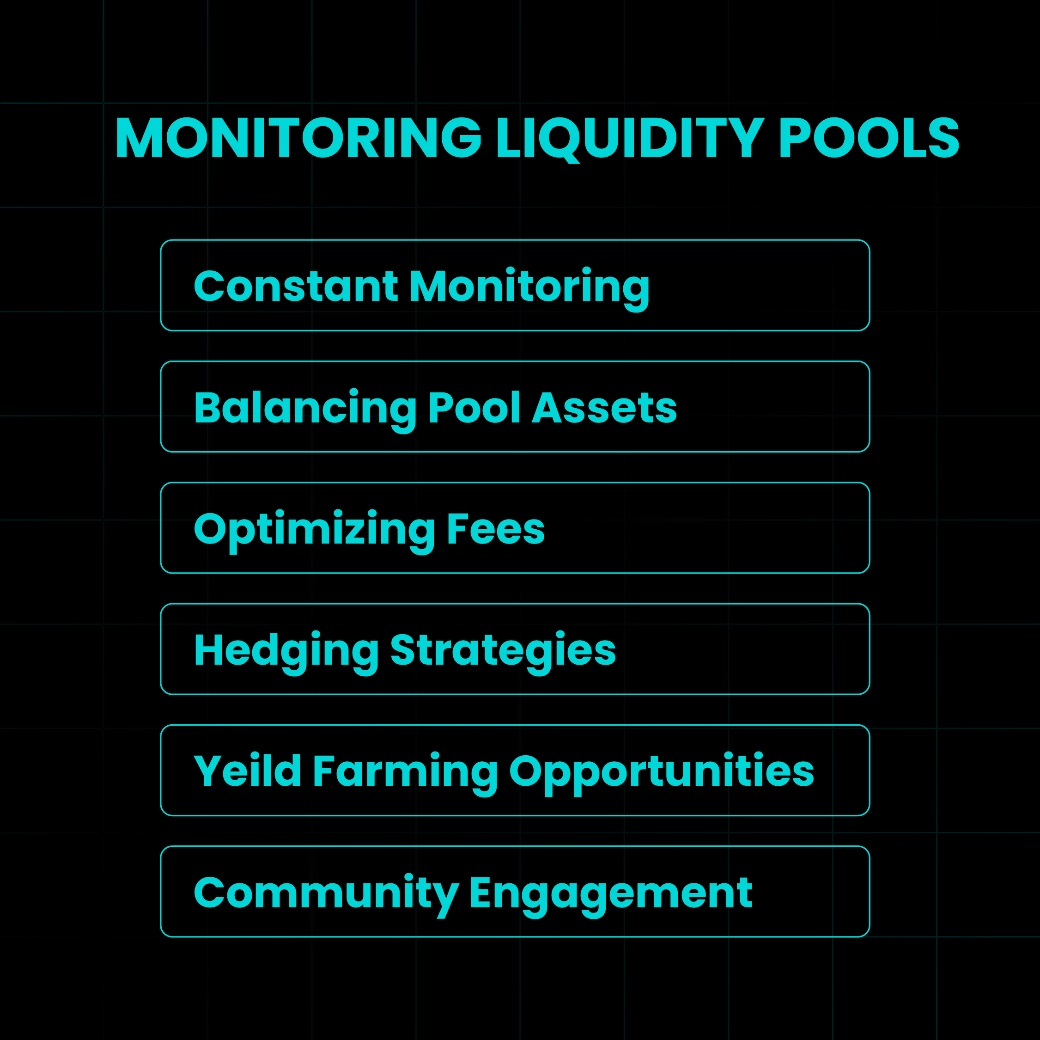Tokenized real estate is revolutionizing the way investors approach property ownership, offering new opportunities to unlock yields through fractional ownership and DeFi innovations. By leveraging blockchain technology, real estate assets are being tokenized, allowing investors to trade and generate returns with unprecedented ease and liquidity. This guide delves into the intricacies of tokenized real estate and its role in yield generation, while offering practical insights into how investors can maximize their returns in this evolving ecosystem.
What is Tokenized Real Estate?
Tokenized real estate refers to the process of converting ownership rights in physical real estate assets into digital tokens on a blockchain. Each token represents a fractional share of a property, enabling multiple investors to own a stake without needing to purchase the entire asset. This concept introduces liquidity, accessibility, and transparency to the traditionally illiquid and opaque real estate market.
For example, a $1 million property could be tokenized into 1 million tokens, each valued at $1. Investors can buy, sell, or trade these tokens on digital platforms, making real estate investment more inclusive and efficient. Moreover, tokenized real estate aligns with the principles of blockchain asset consulting, as it leverages distributed ledger technology to democratize access to high-value assets.
How Tokenized Real Estate Generates Yield
Tokenized real estate introduces a variety of ways for investors to earn income, leveraging the flexibility of blockchain technology and decentralized finance (DeFi). These mechanisms include rental income distribution, participation in liquidity pools, staking rewards, and trading in secondary markets. Below, we explore these avenues in detail, along with practical examples and insights to help investors optimize their returns.
1. Rental Income Distribution
One of the most straightforward ways tokenized real estate generates yield is through rental income. Similar to traditional property investments, tokenized properties earn rental income from tenants. However, the difference lies in how the income is distributed. In tokenized ecosystems, this income is automatically distributed among token holders through smart contracts, ensuring transparency and efficiency.
For instance, imagine a tokenized apartment complex that generates $120,000 annually in rental income. If the property is divided into 120,000 tokens, each token represents $1 in annual rental income. Investors holding 1,000 tokens would receive $1,000 annually, paid out in stablecoins like USDT or USDC.
This approach offers investors a passive income stream, similar to traditional Real Estate Investment Trusts (REITs), but with greater transparency and automation. Platforms like RealT and Lofty AI are already implementing this model, enabling investors to receive weekly or monthly payouts directly to their crypto wallets.
Additionally, rental income from tokenized real estate can be an excellent option for portfolio management consultants to recommend to clients seeking stable, long-term returns.
2. Liquidity Pools in DeFi
Tokenized real estate can be integrated into DeFi ecosystems by pairing property tokens with Stablecoins for investment in liquidity pools. In this setup, token holders provide liquidity to decentralized exchanges (DEXs), enabling others to trade property tokens. In return, liquidity providers earn transaction fees and, in some cases, additional rewards through platform incentives.

For example, consider a scenario where a tokenized office building is paired with a stablecoin like DAI on a DEX such as Uniswap. Token holders who deposit these assets into the liquidity pool earn a portion of the fees generated from every transaction involving the tokenized property. If the pool has a 0.3% transaction fee and $1 million in trading volume, liquidity providers collectively earn $3,000, distributed proportionally based on their contributions to the pool.
This mechanism not only generates yield but also provides liquidity to the market, making it easier for other investors to buy and sell property tokens. It’s a practical solution for those engaging in DeFi finance consulting services and looking to enhance portfolio returns while supporting decentralized ecosystems.
3. Staking Rewards
Staking is another innovative method for yield generation in tokenized real estate. Investors can lock their property tokens on specific platforms for a defined period to earn additional rewards. These rewards often come in the form of extra tokens, stablecoins, or even governance rights within the platform.
For instance, a platform like RealtyBits may offer a staking program where investors who lock their property tokens for six months receive a 10% annualized return in platform-native tokens. By participating, token holders not only earn additional rewards but also contribute to the stability of the tokenized ecosystem.
Staking also appeals to investors seeking higher yields without actively trading their assets. For example, a digital asset strategy consulting firm might recommend staking programs as part of a broader strategy to maximize returns in tokenized ecosystems. This approach aligns with passive income goals and complements more active trading strategies.

4. Secondary Market Trading
Unlike traditional real estate, which can take months or even years to sell, tokenized properties offer liquidity through secondary markets. Token holders can trade their shares on digital exchanges, profiting from price appreciation or market trends without waiting for a full property sale.
For example, if a tokenized luxury villa in Miami increases in value due to rising property prices or enhanced rental yields, investors can sell their tokens on platforms like OpenSea or tZERO at a premium. This allows for quick exits and reinvestment opportunities, making tokenized real estate an attractive option for crypto investment firms and retail investors alike.
In addition, secondary market trading opens the door to arbitrage opportunities. Investors who spot price discrepancies across different exchanges can buy low on one platform and sell high on another, further boosting their returns. For those interested in cryptocurrency investment solutions, these opportunities add a dynamic layer of profit potential to their portfolios.
Practical Examples of Yield Generation
To illustrate these mechanisms in action, consider the following real-world examples:
Fractional Ownership in a Rental Property
A real estate platform tokenizes a $10 million commercial property, issuing 1 million tokens at $10 each. The property generates $500,000 annually in rental income. Token holders earn $0.50 per token annually, distributed monthly.
Liquidity Pool Participation
An investor pairs 1,000 property tokens with 1,000 DAI in a Uniswap liquidity pool. Over a month, the pool generates $10,000 in transaction fees. The investor earns a proportional share of the fees, receiving $100 for their contribution.
Staking Rewards
An investor locks 5,000 property tokens in a staking program offering a 12% annual return. After one year, they earn 600 additional tokens, increasing their overall holdings and yield potential.
Profitable Secondary Market Trade
An investor buys 1,000 tokens of a tokenized property at $10 each. Six months later, rising demand drives the token price to $12. By selling their tokens, the investor realizes a $2,000 profit, excluding transaction fees.
The Role of Blockchain in Real Estate Tokenization
Blockchain technology underpins the entire tokenization process, offering transparency, security, and efficiency. Smart contracts automate processes such as income distribution and compliance, reducing the need for intermediaries. This is particularly beneficial for real world asset consultants and real world assets crypto investment consultants aiming to streamline operations.
Key blockchain benefits include:
- Transparency:Every transaction is recorded on an immutable ledger.
- Efficiency:Automated processes reduce costs and delays.
- Accessibility:Investors from around the globe can participate with minimal barriers.
- Compliance:Platforms integrate with digital asset consulting for compliance, ensuring regulatory requirements are met.
Benefits of Tokenized Real Estate
Fractional Ownership
Tokenization lowers the barrier to entry, allowing investors to purchase fractional shares in high-value properties. For example, instead of requiring $500,000 to buy a property, investors can own a portion for as little as $50. This inclusivity is a game-changer for retail investors.

Enhanced Liquidity
Traditional real estate is notoriously illiquid, often requiring months to sell a property. Tokenized real estate, on the other hand, enables instantaneous trading on digital marketplaces, attracting cryptocurrency investment consultants and blockchain asset investments consultants.
Global Access
Tokenized platforms enable international investors to access real estate markets without geographical constraints. This aligns with the goals of a global digital asset consulting firm to provide universal access to lucrative investment opportunities.
Diversification
Tokenized real estate allows investors to diversify their portfolios by acquiring stakes in multiple properties across different locations and sectors. This approach enhances risk management and supports digital asset portfolio management strategies.
Challenges and Risks in Tokenized Real Estate
While tokenized real estate offers significant advantages, it also comes with challenges that investors should consider.
Regulatory Uncertainty
Real estate tokenization operates in a complex regulatory environment, requiring platforms to collaborate with Security tokens investment consultants and digital asset consulting for compliance. Investors should ensure the platform adheres to local and international laws.
Market Volatility
Like other blockchain assets, tokenized real estate may experience price volatility, especially in secondary markets. Collaborating with a portfolio management consultant can help investors mitigate risks.
Smart Contract Vulnerabilities
While blockchain ensures security, smart contracts are not immune to bugs and hacks. Platforms must undergo rigorous audits to safeguard investor funds.
Liquidity Risks
Although tokenized real estate improves liquidity compared to traditional property investments, it is still subject to market demand. Low trading volumes can impact an investor’s ability to exit positions.
Strategies to Unlock Yield in Tokenized Real Estate
Tokenized real estate is reshaping the investment landscape by offering new opportunities for yield generation. However, maximizing returns in this innovative sector requires thoughtful strategies and a clear understanding of both the technology and market dynamics. Below are detailed strategies for unlocking yield in tokenized real estate, complete with practical examples and actionable insights.
1. Leverage DeFi Ecosystems
Tokenized real estate offers unique integration opportunities with decentralized finance (DeFi) platforms, allowing investors to unlock additional yield through liquidity pools, staking, and other mechanisms. By connecting tokenized assets to DeFi ecosystems, investors can capitalize on the flexibility and earning potential of blockchain technology.
Practical Example:
Imagine an investor holding $50,000 worth of tokenized property assets. By pairing these tokens with Stablecoins for investment (e.g., USDT or DAI) in a liquidity pool on a decentralized exchange like Uniswap, the investor earns a share of transaction fees from trades involving their tokens. With a 0.3% transaction fee on a pool generating $1 million in monthly trading volume, the investor could earn $1,500 annually in additional yield.
Staking is another powerful DeFi mechanism. Platforms like RealT offer staking programs where token holders lock their property tokens for a set period in exchange for additional rewards. For instance, staking $20,000 worth of tokens at a 12% annual yield could generate $2,400 in passive income, making staking a valuable strategy for digital asset portfolio management.
Tip:
Collaborating with a digital asset management consultant or DeFi finance consulting services can help investors navigate these platforms effectively, ensuring they understand the risks and potential rewards of integrating tokenized real estate into DeFi ecosystems.
2. Diversify Investments
Diversification remains a cornerstone of any successful investment strategy, and tokenized real estate is no exception. By spreading investments across different property types, geographic regions, and market segments, investors can reduce risk and enhance returns.
Practical Example:
An investor with $100,000 allocates their funds as follows:
- $40,000 in residential properties in high-demand urban areas (e.g., New York or San Francisco).
- $30,000 in commercial office spaces in emerging markets.
- $20,000 in vacation rentals in tourist hotspots.
- $10,000 in industrial real estate, such as warehouses or logistics hubs.
This diversified portfolio balances exposure to various market conditions and income streams. For instance, while vacation rentals may be seasonal, industrial properties often provide steady, long-term rental income.
Tip:
Consulting with real asset tokenization investment consultants or a global digital asset consulting firm can help investors identify high-potential tokenized properties across sectors and regions, ensuring a well-rounded portfolio that minimizes risk and maximizes yield.
3. Focus on Compliance
In the tokenized real estate space, regulatory compliance is crucial to safeguarding investments and ensuring long-term viability. Platforms that adhere to local and international regulations provide a more secure investment environment and reduce the risk of legal complications.
Practical Example:
An investor is considering two tokenized real estate platforms: Platform A, which is fully compliant with U.S. Securities and Exchange Commission (SEC) regulations, and Platform B, which operates without clear regulatory oversight. By choosing Platform A, the investor ensures their tokens are backed by legally enforceable agreements, reducing the risk of fraud or disputes.
Compliance-focused platforms also often provide additional investor protections, such as regular audits and transparent reporting. For investors seeking digital asset investment solutions, these features are critical to building trust and mitigating risk.
Tip:
Engage with blockchain asset consulting or digital asset consulting for compliance services to assess the regulatory credentials of tokenized real estate platforms and make informed decisions.
4. Monitor Market Trends
The tokenized real estate market is constantly evolving, with new platforms, technologies, and opportunities emerging regularly. Staying informed about these developments is essential for identifying high-yield opportunities and avoiding potential pitfalls.

Practical Example:
An investor follows market trends and notices a surge in demand for tokenized properties in suburban areas due to remote work trends. Acting on this insight, they allocate funds to a platform offering tokenized suburban residential properties, capitalizing on the growing market demand.
Similarly, monitoring the rise of RWA DeFi investment consultants and real world assets crypto investment consultants can reveal emerging trends in integrating tokenized real estate with DeFi ecosystems. These insights enable investors to adjust their strategies and remain competitive.
Tip:
Partnering with a digital asset strategy consulting firm or portfolio management consultant can provide tailored market analysis and actionable insights, helping investors make data-driven decisions in a dynamic environment.

Additional Strategies for Unlocking Yield
To further enhance returns, investors can adopt the following advanced strategies:
5. Use Leverage Strategically
Some tokenized real estate platforms allow investors to borrow against their holdings, using the tokens as collateral. This strategy can amplify returns but requires careful risk management to avoid liquidation in volatile markets.
Practical Example:
An investor owns $50,000 worth of tokenized real estate and borrows $25,000 against it at an interest rate of 5%. They reinvest the borrowed funds into additional tokenized properties earning an 8% annual yield, netting a 3% profit margin after loan costs.
Tip:
Work with bitcoin investment consultants or cryptocurrency investment consultants to evaluate the risks and rewards of leveraging tokenized assets, ensuring alignment with broader investment goals.
6. Participate in Governance
Many tokenized real estate platforms offer governance tokens, allowing investors to participate in decision-making processes such as property management or platform policies. Active participation can provide additional rewards and influence over investments.
Practical Example:
An investor holding governance tokens for a tokenized real estate platform votes on proposals to allocate rental income toward property renovations. This decision increases property value and future rental yields, directly benefiting the investor and other token holders.
Tip:
Consult a digital asset management company or digital assets consulting service to understand the benefits of governance participation and identify platforms offering meaningful governance incentives.
7. Hedge Against Volatility
While tokenized real estate offers stability compared to other crypto assets, it is not entirely immune to market fluctuations. Using strategies such as pairing property tokens with Stablecoins for investment can mitigate risk and ensure steady returns.
Practical Example:
An investor allocates 50% of their tokenized real estate holdings to a stablecoin liquidity pool, earning steady transaction fees while reducing exposure to market volatility.
Tip:
Engage with hedge fund investment companies or Security tokens investment consultants to explore advanced hedging strategies tailored to tokenized real estate portfolios.
Use Cases of Tokenized Real Estate
1. Residential Properties
Tokenized platforms allow retail investors to participate in residential real estate markets, earning passive income through rental yields.

2. Commercial Real Estate
Investors can access high-value commercial properties, such as office spaces and shopping malls, without needing large capital outlays.
3. Infrastructure Projects
Tokenized real estate extends to infrastructure investments, such as renewable energy projects. This aligns with the goals of ESG-focused investors seeking Stablecoin investment consultant services.
4. Luxury Assets
High-end properties, such as vacation homes and luxury hotels, can be tokenized, providing investors with exposure to exclusive markets.
The Future of Tokenized Real Estate
Tokenized real estate is poised to disrupt the global property market, attracting institutional and retail investors alike. Innovations in real world DeFi investment consultants and RWA tokenization investment consultants are driving this transformation, offering new opportunities for yield generation.
As blockchain technology evolves, tokenized real estate is expected to integrate with advanced financial instruments, creating a seamless investment experience. Collaborating with hecompanies and bitcoin investment consultants will be instrumental in navigating this dynamic landscape.
Conclusion
Tokenized real estate represents a paradigm shift in property investment, blending traditional assets with cutting-edge blockchain technology. By enabling fractional ownership, enhanced liquidity, and access to DeFi ecosystems, it offers unparalleled opportunities for yield generation.
However, investors must navigate challenges such as regulatory uncertainty and market volatility. Leveraging the knowledge of a digital asset management consultant or a cryptocurrency investment consultant can provide the necessary guidance to make informed decisions.
As the ecosystem matures, tokenized real estate is set to become a cornerstone of diversified investment portfolios, unlocking new possibilities for both retail and institutional investors.
Learn the Fundamentals of Tokenized Real Estate
Explore Kenson Investments’ educational resources to gain a clear understanding of tokenized real estate and its role in modern investment strategies. Stay informed and empowered.
Disclaimer: The information provided on this page is for educational and informational purposes only and should not be construed as financial advice. Crypto currency assets involve inherent risks, and past performance is not indicative of future results. Always conduct thorough research and consult with a qualified financial advisor before making investment decisions.
“The crypto currency and digital asset space is an emerging asset class that has not yet been regulated by the SEC and US Federal Government. None of the information provided by Kenson LLC should be considered as financial investment advice. Please consult your Registered Financial Advisor for guidance. Kenson LLC does not offer any products regulated by the SEC including, equities, registered securities, ETFs, stocks, bonds, or equivalents”














